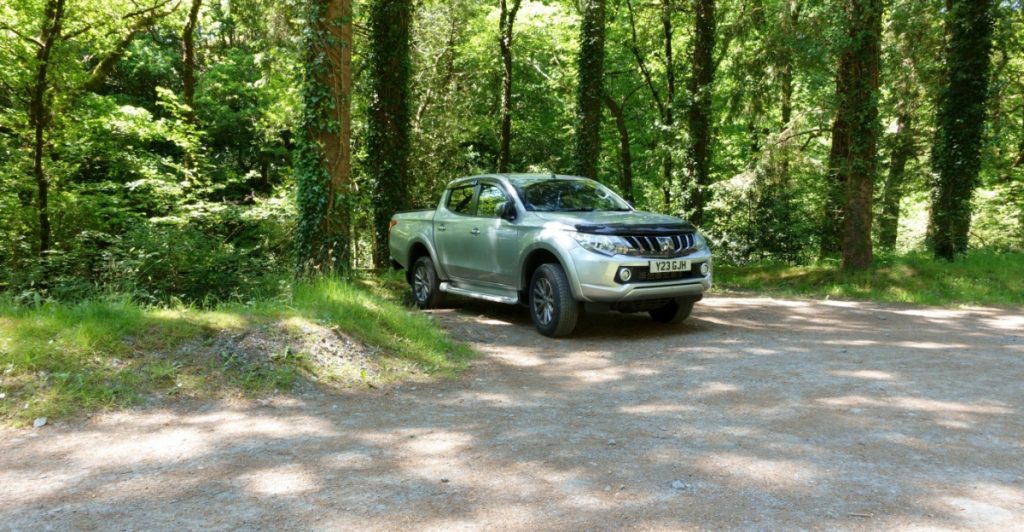Thousands of UK motorists face a dramatic tax increase after HMRC reclassified double-cab pick-up trucks from commercial vehicles to cars. The change eliminates a tax break used by business owners and could see bills quadruple.
Others are reading now
Thousands of UK motorists face a dramatic tax increase after HMRC reclassified double-cab pick-up trucks from commercial vehicles to cars. The change eliminates a tax break used by business owners and could see bills quadruple.
Double-Cab Pick-Ups Reclassified as Cars
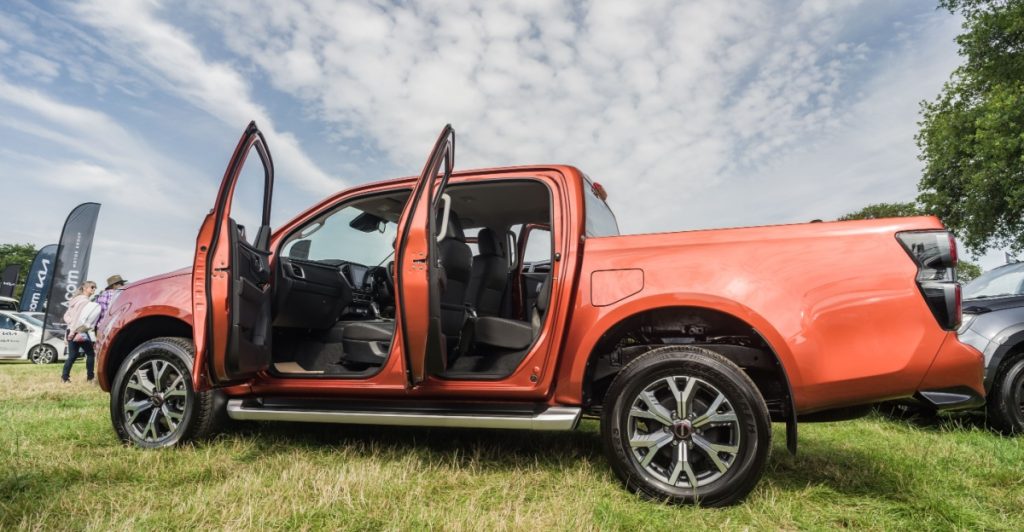
HMRC’s new policy removes the commercial vehicle status from double-cab pick-ups. These models, once taxed like vans, are now classified as cars—meaning significantly higher Benefit-in-Kind (BIK) tax rates for users.
From £1,600 to Over £8,000 in Tax
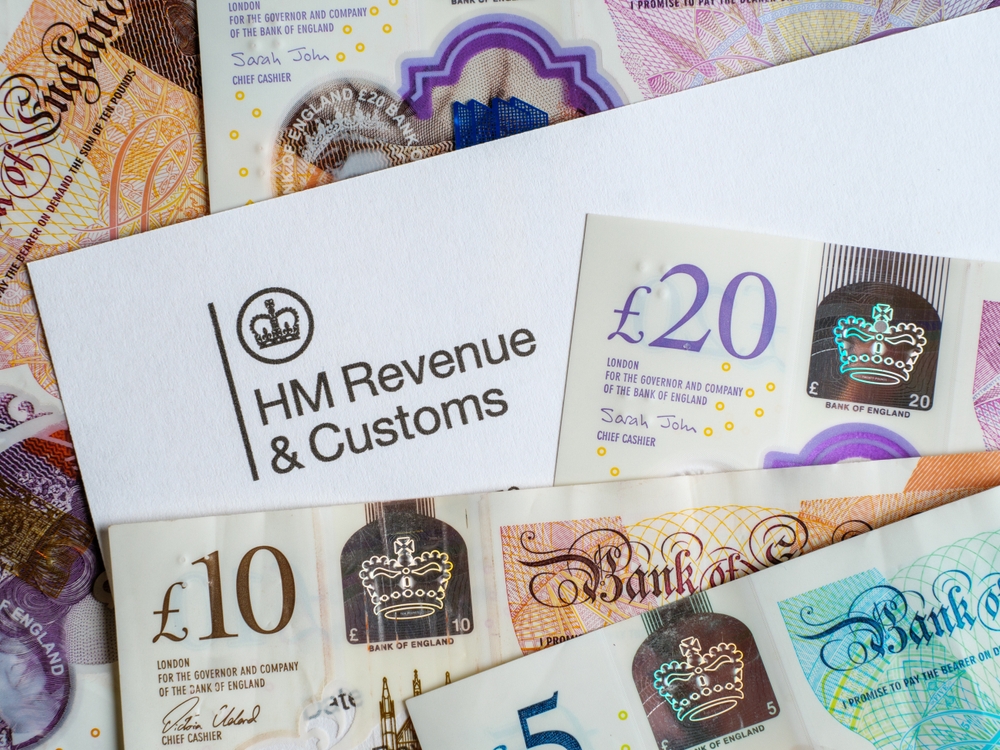
Owners of popular models like the Ford Ranger Wildtrak could see their annual tax jump from £1,608 to £8,322. This dramatic increase is due to reclassification based on emissions, design, and passenger capacity.
Single-Cab Pick-Ups Remain Exempt
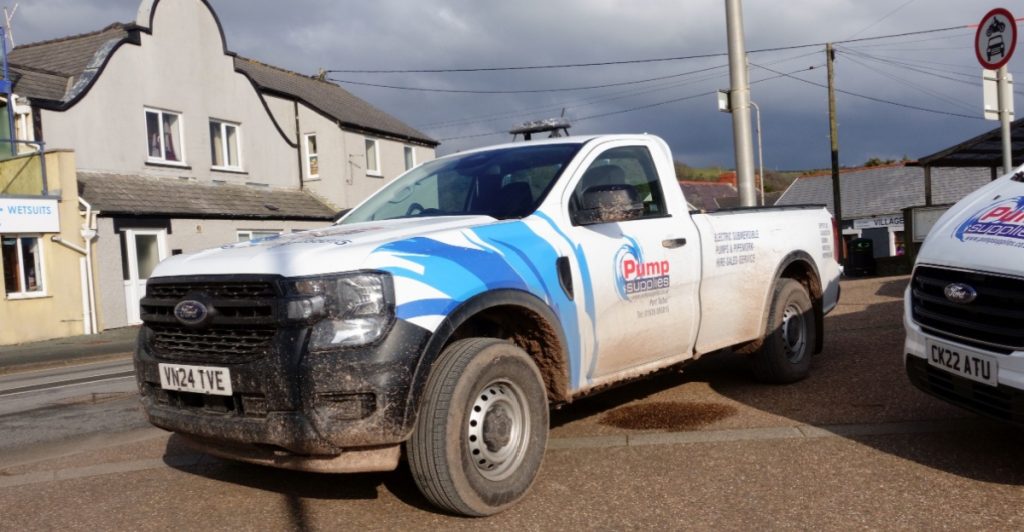
Importantly, the change does not apply to single-cab pick-ups—those without rear seats—keeping them under the commercial vehicle tax structure. Only double-cab variants are impacted by the new rules.
Farming Sector Raises the Alarm

The National Farmers’ Union has expressed concern, warning that farmers rely heavily on double-cab pick-ups for daily operations. The tax hike could be a heavy burden for rural communities with few alternatives.
Also read
Environmental Politics at Play
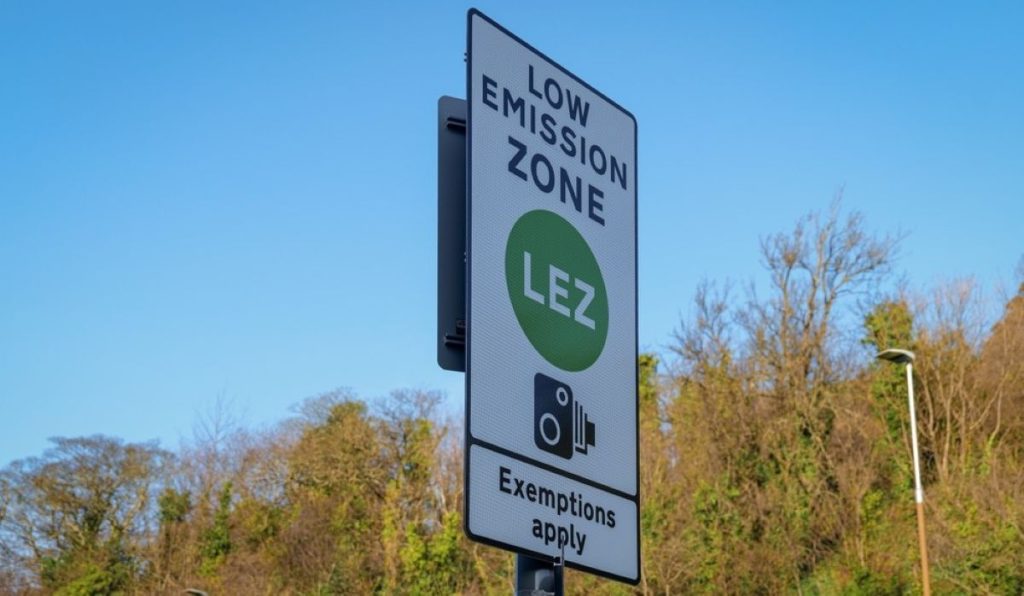
Green Party figures have defended the change, arguing it closes a loophole that allowed high-emission vehicles to be taxed lightly. Critics had pointed out that some drivers paid less tax for a diesel pick-up than a small city car.
Transition Period Offered Until 2029
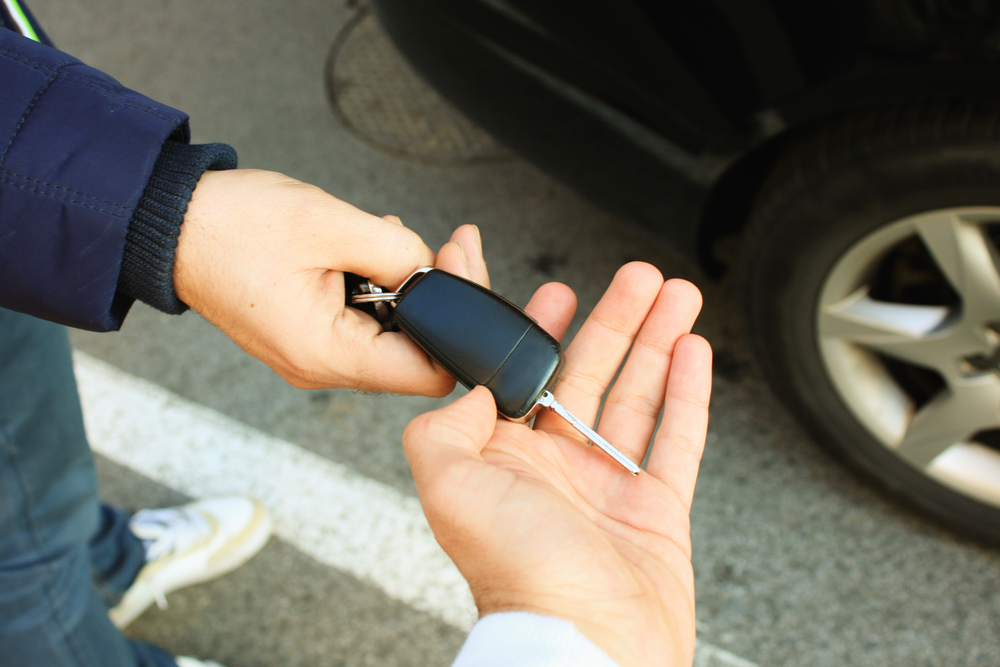
To soften the impact, HMRC introduced a transition rule: vehicles bought or leased before April 6, 2025, can retain their lower tax rate until 2029 or until they are sold or the lease ends.
Manufacturers Respond With EV Alternatives
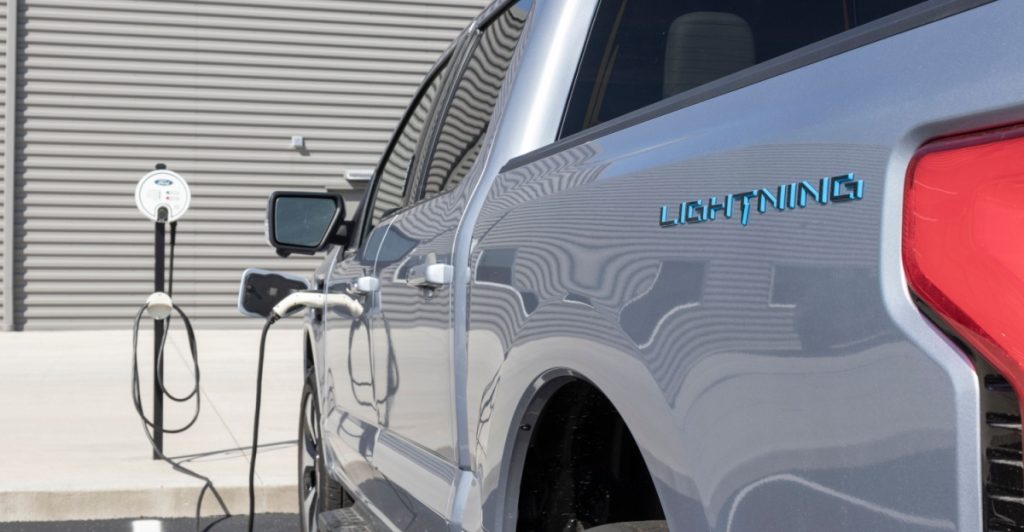
In response, companies like Ford and Isuzu are rolling out electric versions of their pick-ups. These models qualify for lower tax bands due to their cleaner emissions and are positioned as future-proof alternatives.
Public Backlash Mounts

Many affected drivers see the change as unfair and poorly communicated. Some claim it punishes legitimate business use and adds further financial strain during a time of rising fuel and operating costs.
The Road Ahead for Pick-Up Owners

With traditional diesel pick-ups now in the highest tax bracket, users may need to consider downsizing, switching to EVs, or reevaluating vehicle needs. The change marks a significant shift in how work vehicles are treated under UK tax law.

